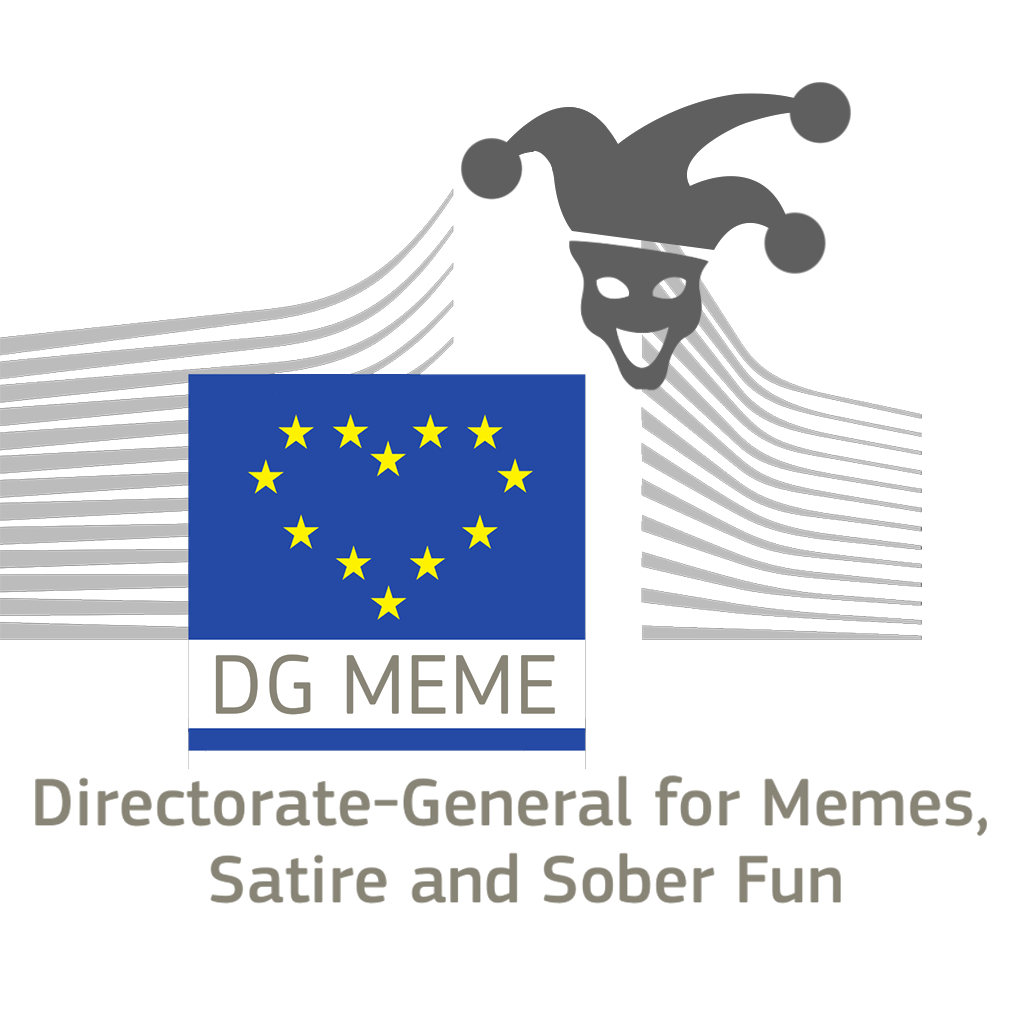Have you ever had that feeling of living in a continent that is not entirely ruled by insane people? Cool, then you’re probably in Europe, in Australia or in Antarctica.
Category: EU narrative
I started reading about Greenland after it made the headlines a few months ago, and I found it very fascinating: it is one of the biggest countries in the world, but it has less than 57,000 inhabitants; Greenlanders are EU citizens through their Danish nationality, even if Greenland left the European Economic Community in 1985, partly because of concerns over fishing rights; Greenland is an autonomous territory of the Kingdom of Denmark, and it is on its way to independence since 1979, even though only a few of the political and legal competences have been taken over by the Greenlandic government from Denmark.
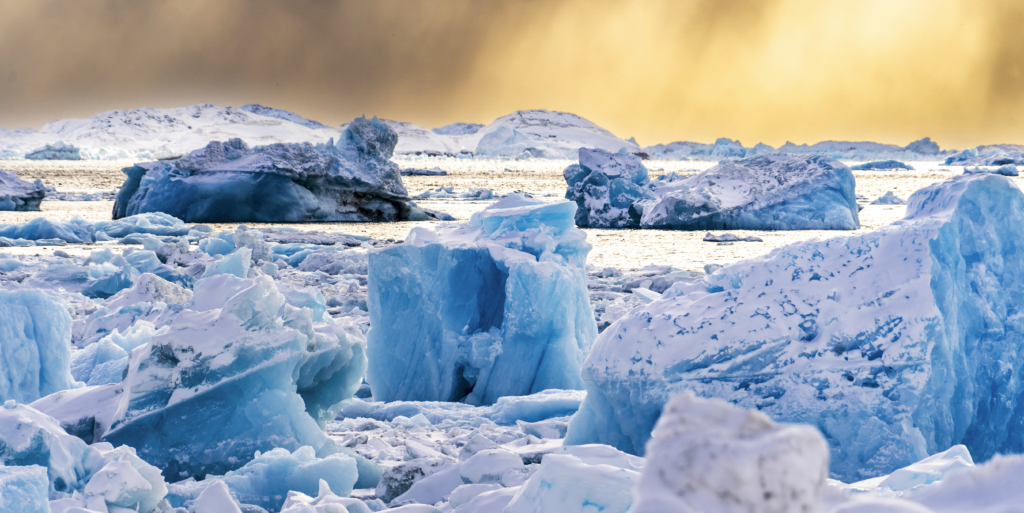
In my continuous effort to maintain a certain inter-institutional balance, I had the pleasure to interview the former (and youngest) European Commissioner, and now Member of the European Parliament, Virginijus Sinkevičius. What came out is a long, yet very inspiring, net zero to hero story.
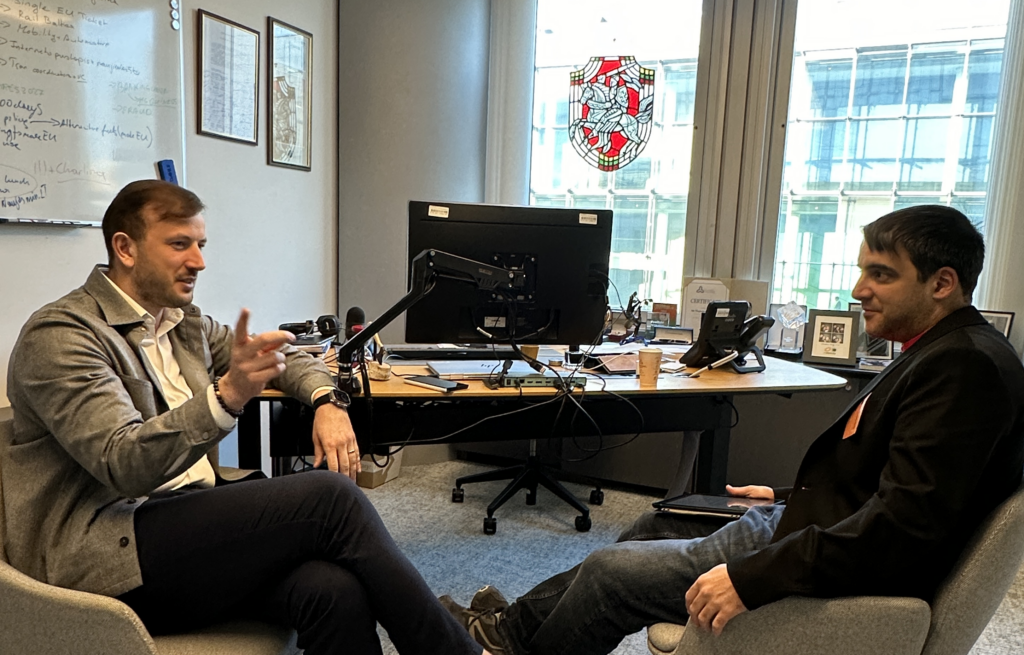
It is the first time I venture out of my Commission comfort zone, interviewing a truly elected politician from the European Parliament. In these difficult times, when popular support is needed to take important decisions, a good Director-General knows he must get closer to those who are close to the people.
And I am glad to start with Mārtiņš Staķis, manager, coffee expert, TV host, church treasurer, mayor of Riga and Member of the European Parliament.
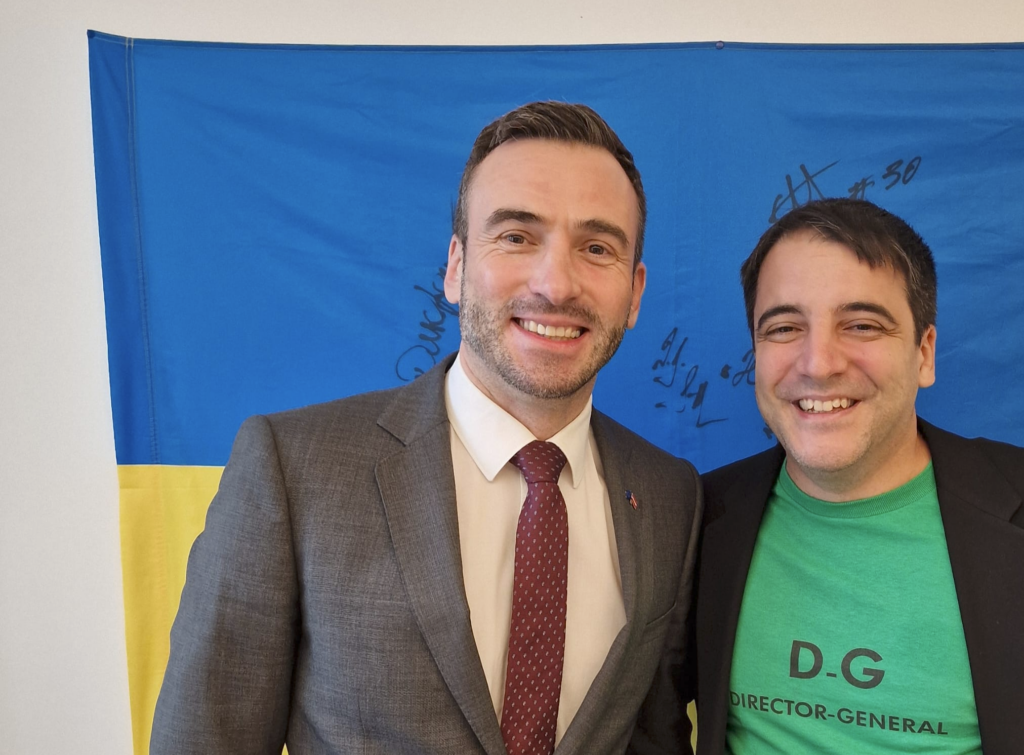
At Colours of Ostrava, one of Czechia’s biggest culture and music festivals, I had the pleasure to meet and interview Martin Dvořák, the Czech Minister of EU affairs over a Czech beer and Belgian fries. As a passionate traveler, I couldn’t miss the opportunity to ask him about his life and his many missions abroad.
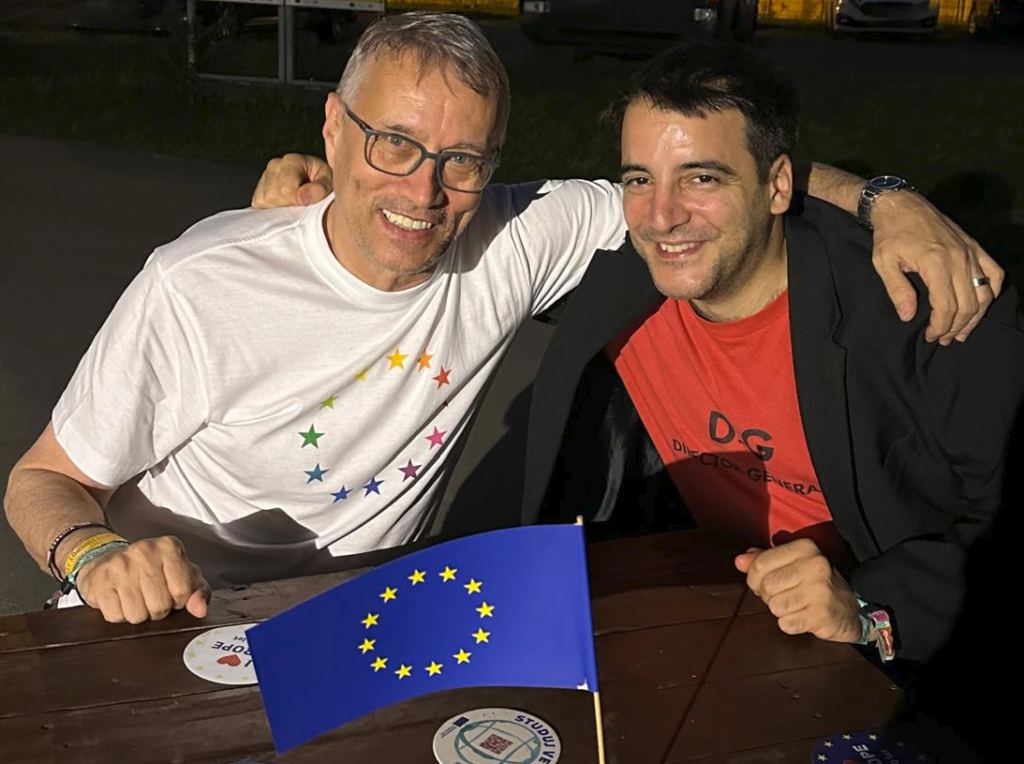
Among the many things I don’t understand of social media there is the need of people to comment on anything. Why engaging in virtual written fights with strangers that will surely misunderstand you? Which pleasure does it give you to insult the author of a post? And, most importantly, where do you find the time to do all that?
I recently published a reel featuring the not-so-sweet encounter between the Italian Prime Minister Giorgia Meloni and France’s President Emmanuel Macron. This video was played more than 7M times, reaching more than 3M accounts, for a total view time of 11K hours (500 days). It received 98K likes and more than 3K comments.
Now, you would think this is great news, right? Wrong, my phone was constantly buzzing with notifications and I had to read all the idiotic comments, trying to remove the most racist ones. Here a summary of what people have said, just to show how disappointing mankind can be:
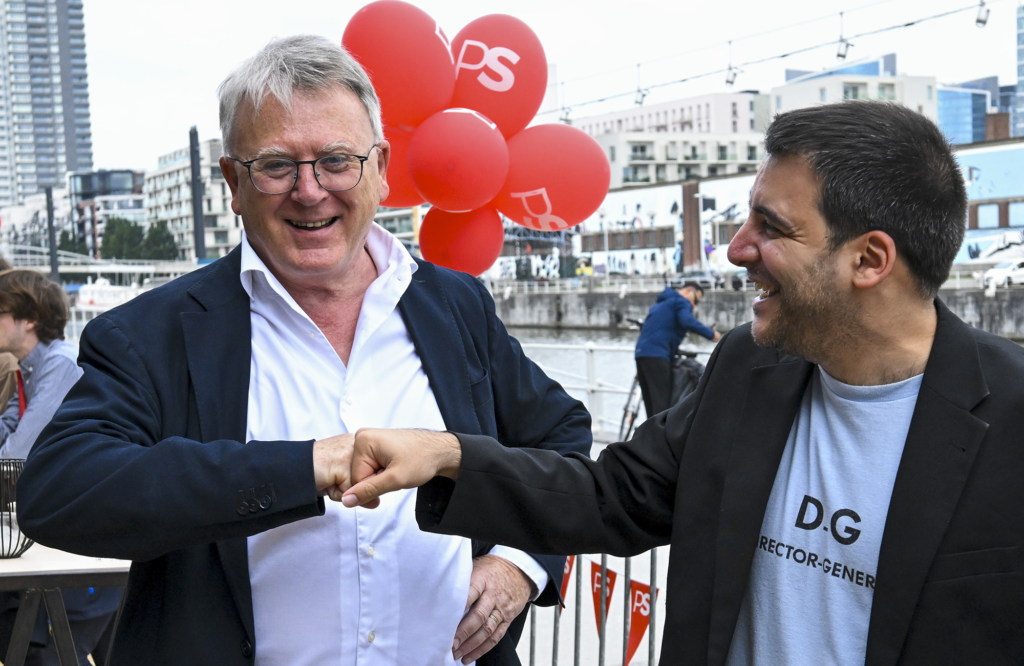
“I’m thirty-four and I am exhausted”, said Robin, who has been following the seventy-year-old Commissioner and lead candidate Nicolas Schmit in his campaign. “Yesterday we were in Portugal, today we are in Belgium, tomorrow we will be in Luxembourg, then Italy, Spain and Croatia”. I am happy Schmit found some time in his busy agenda to answer a few questions and listen to my meme speech.
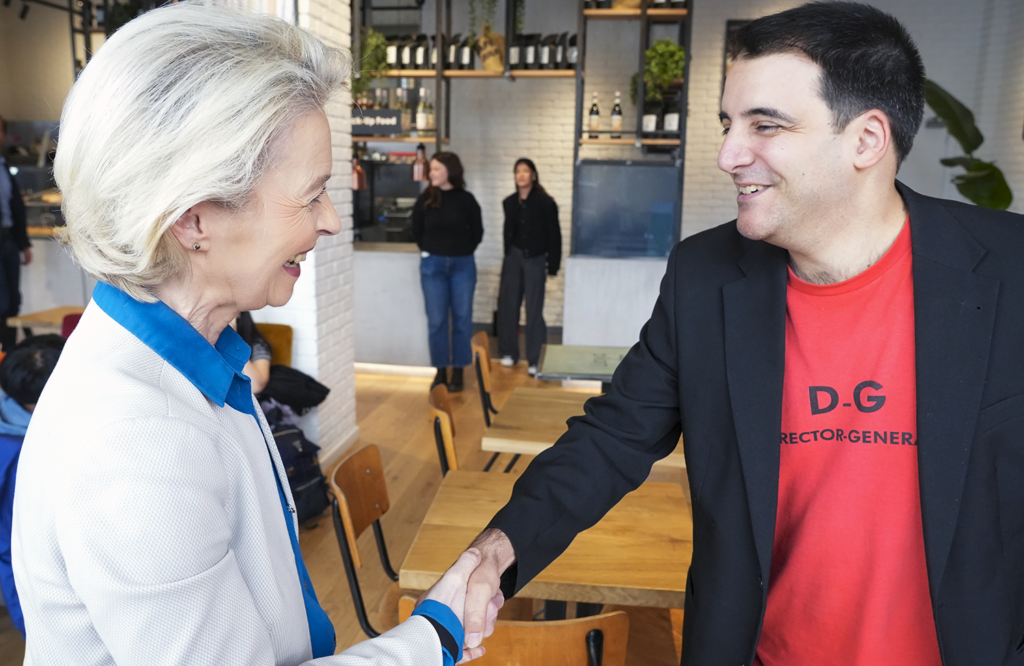
Enlargement is the French term by which we indicate the increase of the number of countries that belong to the European Union. The biggest growth happened in 2004, when the EU moved from fifteen to twenty-five countries. This process lasted a few decades and reached its completion when Cyprus, Czechia, Estonia, Hungary, Latvia, Lithuania, Malta, Poland, Slovakia and Slovenia joined the EU on the 1st of May 2004, exactly twenty years ago. Twenty years of passion, hope, progress, complications, critics, love and some hate.
The European Elections are not only one of the biggest democratic exercises in the world, they are also a huge communication campaign with the same goal since 1979: get people to vote.
Join us in a roller-coaster of nostalgia, pain and joy to discover the evolution of the Parliament efforts. 10 European elections, 10 communication campaigns, uncountable slogans and videos for you to enjoy.
